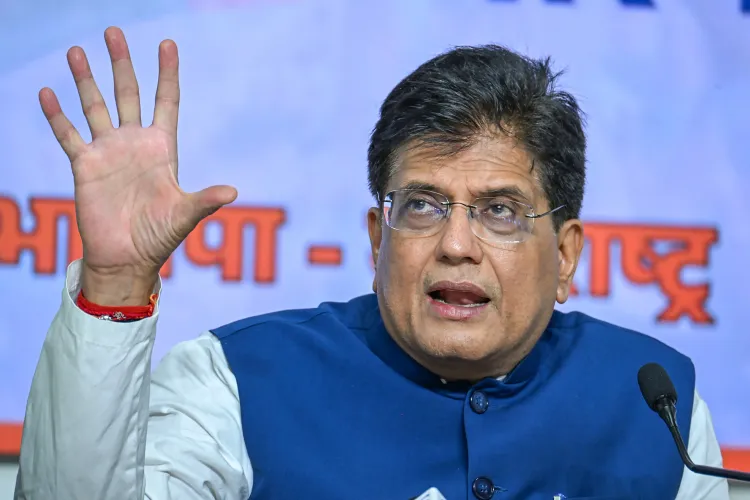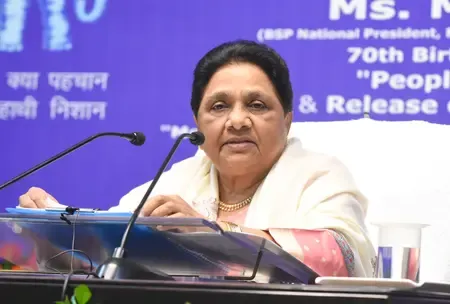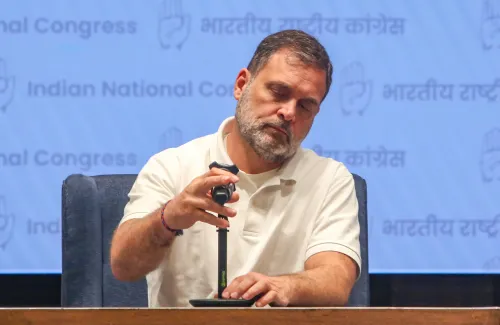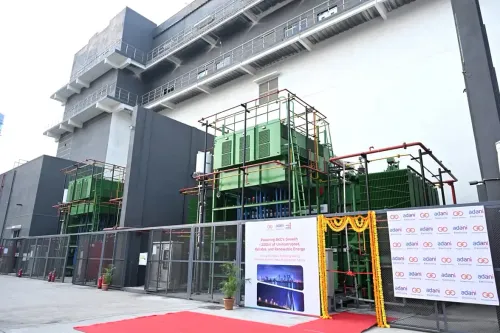How Has ‘Make in India’ Transformed the Nation into a Global Manufacturing Powerhouse?

Synopsis
Key Takeaways
- ‘Make in India’ has significantly improved India's manufacturing sector.
- Record FDI and job creation are key achievements.
- India is now the second-largest mobile manufacturer globally.
- Startups play a crucial role in driving innovation.
- Future initiatives focus on logistics and operational efficiencies.
New Delhi, Sep 25 (NationPress) The ‘Make in India’ initiative, celebrating its 11th anniversary, has significantly transformed the nation into a global manufacturing powerhouse, as stated by Union Commerce Minister Piyush Goyal on Thursday.
Launched by PM Narendra Modi eleven years ago, the initiative aimed to rejuvenate India’s manufacturing capabilities.
“Over these years, we have witnessed record FDI inflows, substantial enhancements in the ease of doing business, our emergence as the second-largest mobile manufacturer worldwide, increasing exports, and a boost in defence production, all marking our progress,” Goyal expressed in a post on the X social media platform.
The production-linked incentive (PLI) scheme has attracted considerable investments and created jobs. “Our dynamic startup ecosystem, fueled by the passion and vigor of our youth and women, has positioned India as the third-largest hub of innovation globally,” the minister acknowledged.
“This remarkable journey is a result of collective efforts from our industry, MSMEs, startups, entrepreneurs, and every citizen who embodies the spirit of Swadeshi,” he added.
The narrative of the 11 years of ‘Make in India’ symbolizes a revival, and the future will narrate a tale of global leadership through an Aatmanirbhar and Viksit Bharat, he remarked.
Goyal also highlighted that the world is recognizing India’s capabilities in defence manufacturing.
“Under PM Modi's guidance, the nation has achieved significant milestones in indigenous defence production, showcasing the success of the ‘Make in India’ initiative,” he emphasized.
Recently, the Commerce Minister introduced a series of transformative measures to further enhance the ‘Make in India’ programme, coinciding with the decade-long celebration of this flagship initiative that has played a crucial role in India's journey towards self-reliance.
Goyal unveiled pivotal initiatives developed by the Department for Promotion of Industry and Internal Trade (DPIIT), aimed at improving operational efficiencies and establishing a globally competitive logistics ecosystem in the nation.
He also launched Logistics Data Bank (LDB) 2.0, propelling India towards a digitally empowered, investment-ready, and export-competitive economy.










